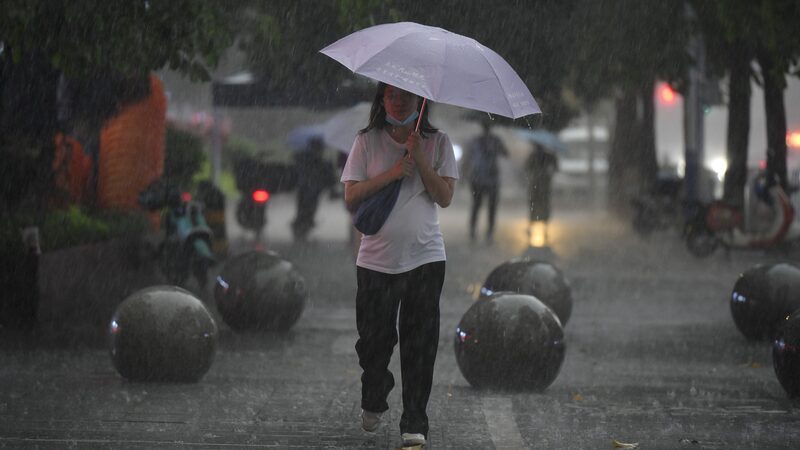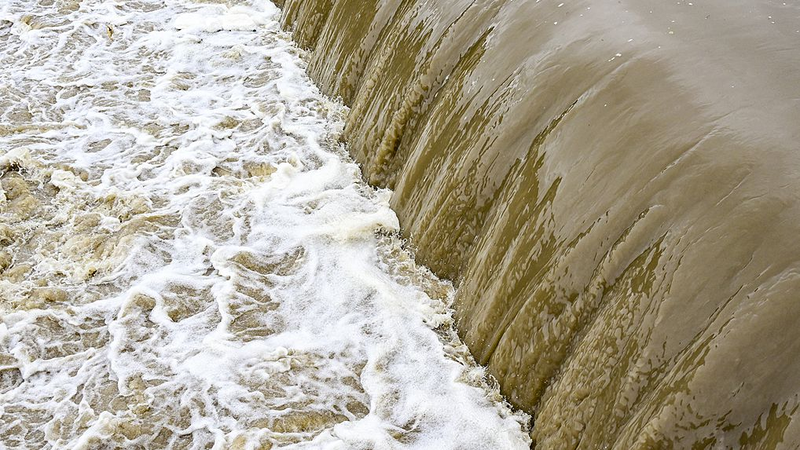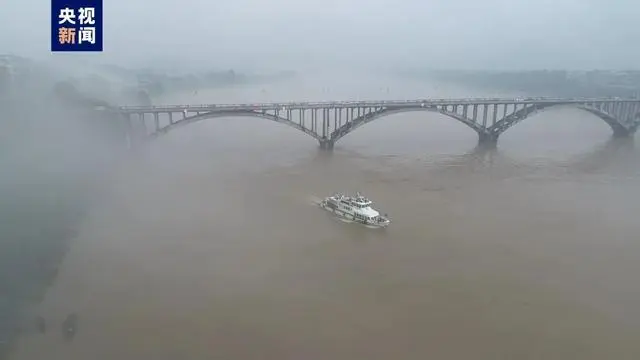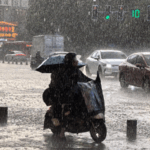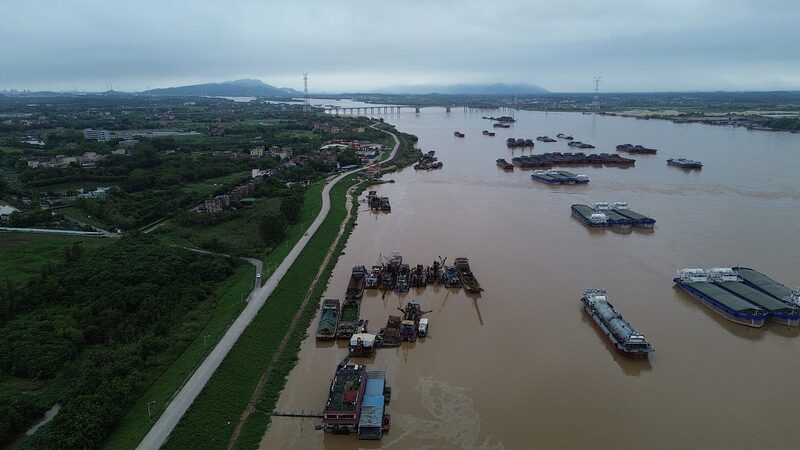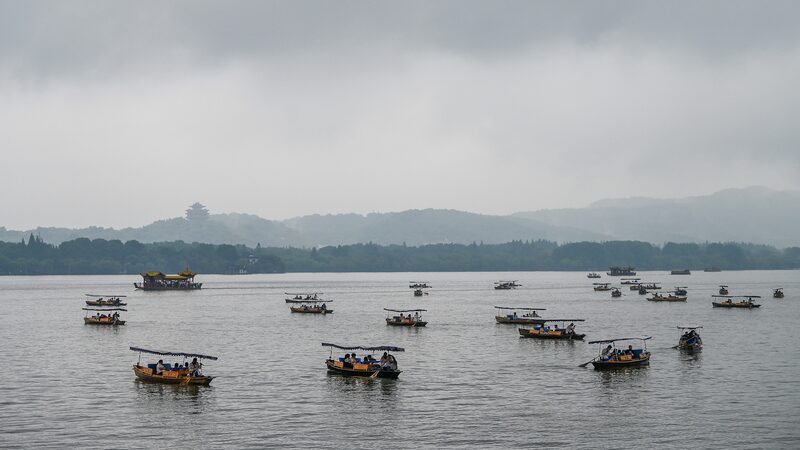The Dongjiang River in southern China has hit a major milestone this year—but not the kind anyone wanted. For the first time in 2024, the river in Guangdong Province’s Pearl River Basin overflowed its banks, triggering a Level-IV flood emergency. 🌊
Torrential rain pounded the region over the weekend, causing water flow at a Huizhou monitoring station to surge to 7,000 cubic meters per second late Sunday. The deluge follows predictions of more severe weather, including heavy rain and flooding in Guangzhou through Tuesday. Local authorities warned residents to brace for chaotic skies, with thunderstorms and sudden downpours likely to disrupt daily life.
This isn’t just bad luck—it’s part of a troubling pattern. China has already experienced 13 severe convective weather events this year, ranging from extreme storms to dangerous flooding. Sun Shao, a researcher at the Chinese Academy of Meteorological Sciences, linked the uptick to global temperature rises. 🔥 'Warmer climates boost evaporation, packing the atmosphere with extra moisture,' he explained. 'This fuels more intense storms and alters air currents, creating a perfect recipe for disaster.'
While Guangdong battles floods, the news serves as a stark reminder: climate change isn’t a distant threat. With extreme weather becoming the new normal, adaptation is no longer optional—it’s urgent. 🌍💡
Reference(s):
Dongjiang River in south China floods for first time in 2024
cgtn.com
